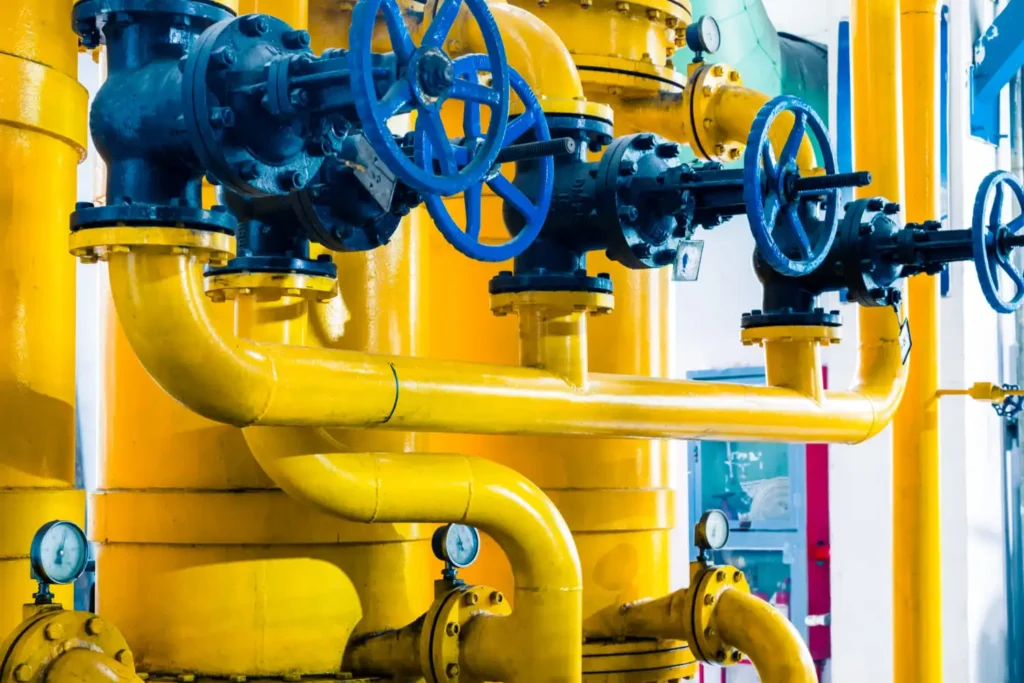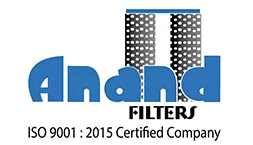
Common Issues with Hydraulic Oil Filters and How to Solve Them
The hydraulic oil filter aims to eliminate impurities from the hydraulic fluid. Numerous machines employ the hydraulic fluids, including those used in a manufacturing, agriculture, and construction. The purpose of hydraulic oil filters is to purge hydraulic fluid of water, debris, and other impurities. Particulate matter can block lines, weaken hydraulic systems’ performance, and wear out componentry. Water can lead to component rusting and corrosion. Debris, dirt, and dust are examples of additional pollutants. A paper or cloth element is commonly used in hydraulic oil filters to collect impurities as the fluid flows through it. When contaminants clog the aspect, it is changed. The choice of hydraulic oil filters must consider the application and operating circumstances. Hydraulic oil filters play a crucial role but can also have several problems that could impair system functionality. Understanding these typical issues is the first step toward efficient maintenance and troubleshooting.
Common Issues with Hydraulic Oil Filters
Contamination: 80 to 90% of hydraulic failures result from air or water pollution. Faulty pumps, system breaches, or temperature problems frequently bring on both kinds of contamination. Aeration and cavitation are the two forms of air pollution that occur when air enters a hydraulic system. Gradually wearing down the pump and its surrounding parts, polluting hydraulic fluids, and even overheating the system can seriously harm the hydraulic system.
Clogging: Filters that clog up hinder oil flow, leading to pressure dips and even system breakdowns. A blocked hydraulic oil filter may also affect heavy machinery performance and lifespan. Consequently, you must identify the warning indications of a possible hydraulic oil filter blockage so that you can change the filter before the equipment sustains more damage.
Bypass valve malfunction: When the filter clogs and the lubricant cannot pass through the filter’s media, the bypass relief valve’s fixed opening pressure allows oil to flow freely. Pressure may build up without a bypass valve, or the filter may burst and leak oil if the valve isn’t opening fully. If the bypass valve malfunctions, contamination may result from unfiltered crude flowing through the system.
Oil leakage: Oil leaks are among the most frequent issues caused by a hydraulic oil filter. A poor seal or an improperly fitted filter that allows oil to seep around the edges causes these leaks. Because they leave oil stains on the floor, these leaks may be seen or spill onto other areas of your device. Environmental pollution and oil loss may result from leaks surrounding the filter housing.
Filter collapse: Hydraulic systems use high pressure, which occasionally exceeds the filter’s design limitations. If the internal pressure builds up too much, a system’s filter may deform or even collapse. This usually happens when an obstruction prevents hydraulic fluid flow, increasing the pressure on the filter. If the filter is not made to withstand these pressure spikes, its structural integrity may be jeopardized and collapse.
Troubleshooting and Solutions
How to clean or replace contaminated filters: An option or an ideal cleansing service must be used to eliminate and tidy recyclable filters after they have actually been eliminated. Remove the old filter from the non-reusable filter and replace it with a new one, making certain that the new filter is well-secured.
Steps to unclog filters: After recyclable filters have been eliminated, a solvent or an ideal cleansing option must be used to remove and tidy them. The old filter must be removed from the non-reusable filter and replaced with a new one, ensuring that the new filter is well secured.
Fixing or replacing the bypass valve: An option or an ideal cleansing remedy ought to be used to eliminate and tidy multiple-use filters after they have actually been eliminated. Remove the old filter from the non-reusable filter and replace it with a new one, ensuring that the new filter is well-secured.
Repairing leaks and preventing filter collapse:
- Discover the source of the leakage and tighten any hanging links.
- Replace damaged or broken seals.
- Ensure the filters are made from high-quality products and appropriate for the system’s stress demands.
Maintenance Tips
Your hydraulic system’s general health and functionality depend on properly maintaining the hydraulic oil filter. The filter keeps the hydraulic fluid clean by filtering out dirt, debris, and other impurities, allowing the system to run smoothly and effectively. Some typical maintenance advice is
Regular inspection schedules: A routine inspection schedule should be established and adhered to to discover and treat problems at an earlier stage. Even if there aren’t any obvious signs of failure, it’s still a good idea to regularly check the hydraulic oil filter’s quality and replace it with the manufacturer’s recommended cycle.
Proper installation techniques: In addition to routine inspection, it is essential to replace the hydraulic filter according to the manufacturer’s recommendations. When impurities build up in the filter, it becomes less efficient at removing debris from the hydraulic fluid. By changing the filter as per the suggested intervals, you can ensure the hydraulic system stays clear of impurities. To avoid leaks or bypasses, use the filter type and size recommended by the manufacturer and ensure it is installed correctly.
Using the right hydraulic oil: Clean fluid is the foundation of a well-functioning system. Without clean fluid, a filtration system would soon clog because it is not meant to restore fluid that already has many impurities. Start with new hydraulic fluid to prevent this. Use the suggested hydraulic oil to preserve system efficiency and guard against filter damage.
Keeping the hydraulic system clean: Keeping your hydraulic system clean is essential to preserving its lifespan and effectiveness. Keep the space surrounding the hydraulic system clear of impurities such as dust, debris, and other things that could get inside and affect the system’s functionality. Maintain regular cleanliness of the surrounding area and equipment to keep impurities out of the hydraulic system and away from harming it. Establish a routine cleaning regimen to maintain the system’s ideal performance and increase the equipment’s lifespan.
Conclusion
Any system that powers its components with pressurized fluid needs hydraulic oil filtration. You can easily observe dirt or other impurities producing substantial damage and issues for your equipment if you don’t have the proper filter. Significant long-term benefits, including cost savings and less downtime, can result from investing in high-quality hydraulic oil filters and following optimal maintenance procedures. With a bit of research, an understanding of your existing circumstances, and some trial-and-error testing, you ought to be able to choose the ideal hydraulic filter for your application quickly!
To learn more about hydraulic oil filters, contact Anand Filters.

